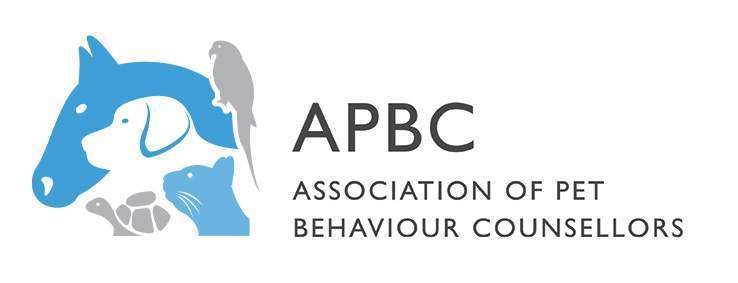
The role of the animal behaviourist is to advise owners, carers and professionals when animals have developed undesirable behaviours. This is different from standard obedience training offered by dog trainers. Behavioural problems include such things as aggression towards people or other animals, destructiveness, toileting problems, vocal behaviour, fears and phobias.
All APBC members work on referral from veterinary surgeons and there will be close liaison between the behaviourist and the referring vet.
To become a behaviourist, you will need knowledge and understanding of the theory of behaviour and solutions to problems, as well as practical handling skills and experience, and an empathy with, and an ability to communicate and motivate owners. The ability to run a professional, financially sound and accountable business (if working on a self-employed basis) is also essential.
There is no single recognised route for study, but there are an increasing number of academic courses related to animal behaviour on offer. Many institutions have agreed on the standards detailed by the Animal Behaviour and Training Council here. However, there are also routes through Accredited Prior Experience and Learning that does not involve requiring qualifications.
It is essential to acquire a thorough understanding of animals and one of the best ways of doing this is by gaining practical, hands-on experience. Working in a kennels, cattery, stables, at a veterinary surgery, or one of the animal welfare societies for several years is an ideal way to do this.
There are some career opportunities for animal behaviourists in the employment field. Some welfare charities employ behaviourists, many behaviourists lecture at academic institutions and some work within other animal-related organisations.
